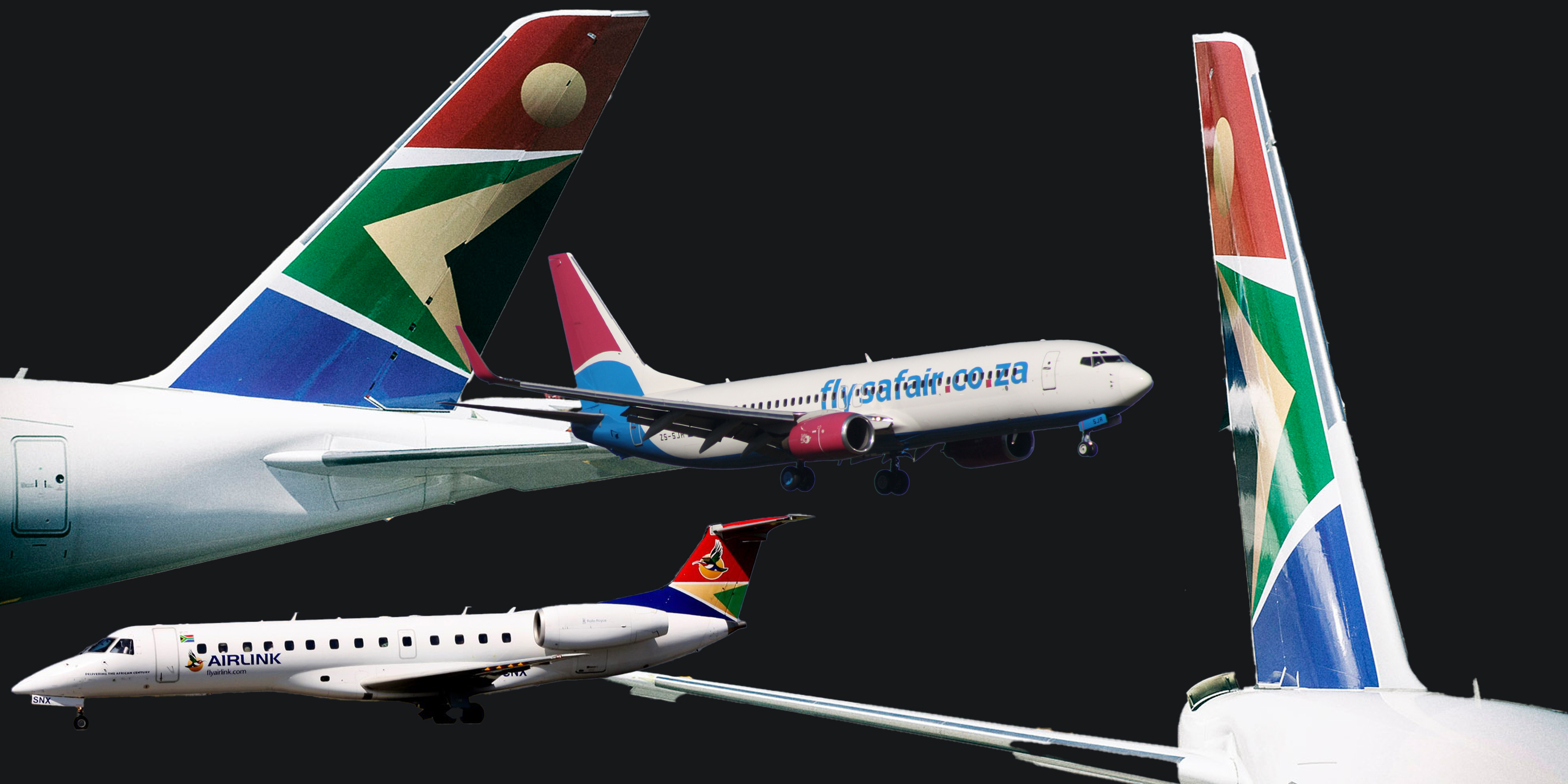The airline industry is intensely competitive, with very little other than price and on-time-performance to differentiate one airline from another.
It is also an intensely regulated industry and every few years an airline ‘weaponises’ one of the regulators to attack a competitor. The risk is that this can have a wholly unexpected comeback – and this is what is happening in the fight between Lift and Airlink in one corner and FlySafair in the other.
When FlySafair launched in 2014, Comair successfully forced FlySafair to amend its ownership before it could start operations. The amended structure lasted until 2019 when it was discovered that FlySafair's Irish parent, ASL Aviation Holdings, had quietly undone the original 2014 structure. This had the effect of ASL ending up with an out-of-bounds 74% of FlySafair.
The fight broke out from the airline playground and into the public domain almost a year ago when Airlink and Lift reported FlySafair to the International Air Services Licensing Council (IASLC). The IASLC licences airlines operating international routes to SA while the domestic Air Services Licencing Council (ASLC) licences airlines flying within SA.
Read more: FlySafair faces uncertain future after failing to comply with local shareholding laws
Both the IASLC and the ASLC have the power to suspend or cancel airline licences, thus grounding an airline. This was presumably the intention of Airlink and Lift when they originally complained about FlySafair’s ownership.
On 14 January, a meeting with Lift and FlySafair was called by the ASLC. In this meeting, in a wholly unexpected turn of events, the Air Services Licencing Council (ASLC) ruled that ‘natural persons’ resident in South Africa must own at least 75% of the shares in South African airlines. This rules out trusts or companies owning shares in airlines.
If implemented, this ruling will ground almost the entire South African airline industry – including with an element of poetic justice – Airlink as the original complainant.
FlySafair describes the consequences of this as “catastrophic” for the SA airline industry, arguing that if the reasoning behind the decision is followed, this could put as much as 87% of SA’s domestic seat capacity at risk.
Wider implications
It potentially means that SAA – which is owned by the state – and Airlink, (which is 25% owned by Qatar Airlines and 33% owned by a BBEE company which confusingly, calls itself a trust) also fail the ownership test.
CemAir and Lift have denied that a juristic person owns any of their shares.
In the 14 January meeting to try find a way of the mess, Global Airways, as the operator behind Lift Airlines, proposed that FlySafair be given 30 days to sort out its ownership or be grounded. This ruling would require FlySafair to give or sell 75% of its shares to a resident ‘natural person’.
FlySafair has therefore obtained an injunction to prevent itself from being grounded.
FlySafair steadfastly denies that it’s breaking the rules. It claims that the trustees of the ‘Irish trust’ are South African residents, and that makes it legit. However, legal opinion holds that a trust is a juristic person, in which case, even if the ALS trust is accepted to be a South African resident, FlySafair will still be over the 25% natural person limit.
This whole imbroglio again raises the question of why have a limit on foreign ownership of airlines at all?
Many countries have no such restrictions, or else require a 51% local shareholding.
South Africa’s 25% limit of foreign ownership is particularly constraining.
The key benefit of having foreign ownership is that the all-important airline input of capital – and lots of it – should be cheaper and more readily available. Given the difficulty of attracting capital investment in SA, this must surely be a compelling reason to throw out this whole sorry mess of badly written and unnecessary rules.
And in the meanwhile – the 87% of airline travellers who use FlySafair, Airlink and SAA can only hope that grown-ups will be called in the sort out this playground fight.
The consequences of the three airlines being grounded will have huge knock-on effects for the South African economy, and tourism in particular. DM
Guy Leitch is an aviation analyst and publisher of SA Flyer magazine.
Business Maverick
Airlines fight threatens widespread grounding





